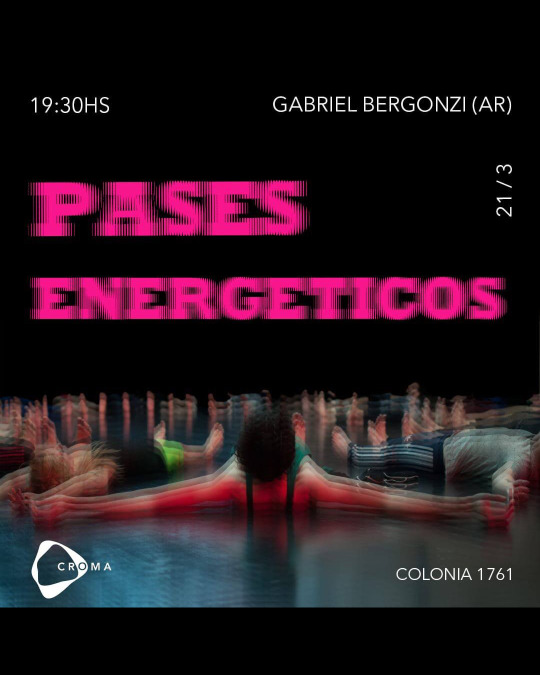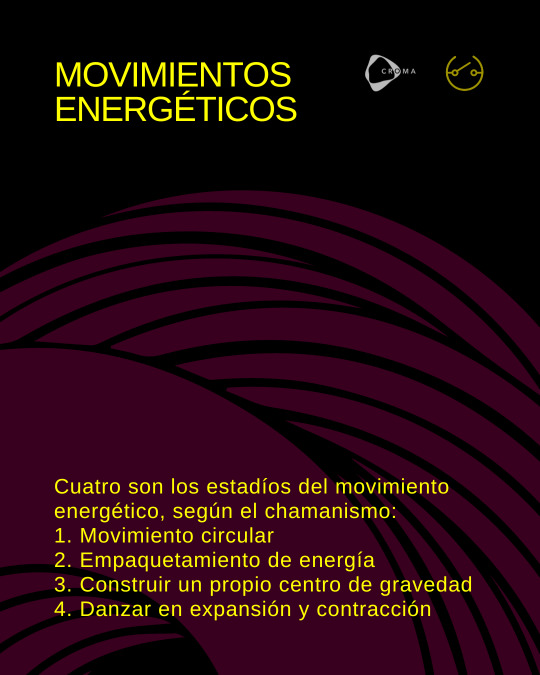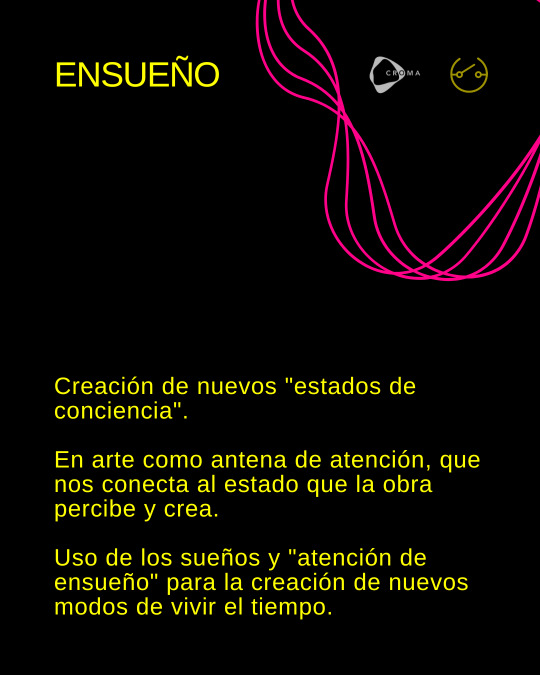#chamán
Explore tagged Tumblr posts
Text

Libro que siempre recomiendo→ Los cuatro acuerdos de Miguel Ángel Ruíz (también El Quinto Acuerdo).
#libro#libros#citas de libros#los cuatro acuerdos#el quinto acuerdo#autoayuda#psicología#sanación#sanar#desarrollo espiritual#ayuda espiritual#espiritualidad#meditación#herida#sociedad#personalidad#niño interior#familia#chamán#religión#feliz#felicidad#depresión#ansiedad#español#literatura#escritos#ayuda#sentimientos#amor
34 notes
·
View notes
Text
El Chamán

(...) que mis rituales sirvan
para que no caiga sobre los hombres la ira de los dioses,
para que vuelva el soplo de la primavera
y se lleve el aliento fétido de los rencores.
En este atardecer abrazado de naranjas rojizos,
destierro la pelusa vil de la envidia.
Abro definitivamente las jaulas
para que nuestras alas sean
cada vez más grandes
y podamos volar muy alto
y cobijemos al que todavía
no le han crecido lo suficiente.
En este atardecer atravesado de naranjas y rojos
transmuto la basura en vida.
antes de que llegue la noche cerrada y definitiva.
2 notes
·
View notes
Photo

“Inner Paradise” (Private Collection) #innerpeace #paradise #pazinterior #paz #peace #nahual #milkalolo #secret #paraiso #chamán #shamanism #folksurrealism #neomexicanismos #spiritualgrowth #pathfinder #artemexicano #mexicanart #mexicomagico #oldways #latinamericanart #womanartist #shapeshifter #spiritualguidance #newfolk #desert #desierto #realismomagico #acrylicpainting #contemporarypainting #surrealart https://www.instagram.com/p/Co53ycCu4pG/?igshid=NGJjMDIxMWI=
#innerpeace#paradise#pazinterior#paz#peace#nahual#milkalolo#secret#paraiso#chamán#shamanism#folksurrealism#neomexicanismos#spiritualgrowth#pathfinder#artemexicano#mexicanart#mexicomagico#oldways#latinamericanart#womanartist#shapeshifter#spiritualguidance#newfolk#desert#desierto#realismomagico#acrylicpainting#contemporarypainting#surrealart
8 notes
·
View notes
Text





#carloscastaneda#pasesenergeticos#pasesmagicos#carlos castaneda#gauchboy#taishaabelar#toltequidad#ensueño#sueñoslúcidos#sueñoslucidos#chamanismo#chamán#pasado#recuerdos#recuperarenergía#ki
3 notes
·
View notes
Text
Ver, oler y sentir colores
El finde fui a una de las experiencias más enriquecedoras de mi vida: una sesión de meditación chamánica con un poco de rapé. Me sentí tan tranquila, aliviada y sana.
El hecho de sentir los rayos del sol, el viento helado correr entre mis manos, cerrar los ojos y, con la música, caminar y sanar dolores fue realmente gratificante. Recuerdo las lágrimas correr por mis mejillas, lágrimas que sanaban el corazón y la mente.
Por muchos meses intenté diversos tipos de terapias, pero solo calmaban el momento. Sin embargo, algo especialmente gratificante de esta experiencia fue compartirla en un círculo con mujeres tan distintas entre sí, muchas de ellas mayores que yo, pero conectadas por algo más grande, algo que habita en el cosmos y en una profunda fe.
Mujeres valientes.
Alquimistas.

0 notes
Text
Redefining Brujería + Seven Folk Remedies from Latin American Folk Brujas
I am still HAPPY x having the chance to write an article for @LlewellynBooks blog 🌙 and I'm PROUD for the positive feedback(s) I still receiving about it Month by Month 🥹🥰🌹
Redefining Brujería + Seven Folk Remedies from Latin American Folk Brujas.
#wicca#witchcraft#magick#magic#witches#wiccan#paganism#brujas#brujos#brujería#brujeria#brujos of Tumblr#sorcery#sorcerer#chamán#dreams#dreamer#dream Magic#dream witch#dream Witchery#folk witch#folk witchcraft#folk brujos#folk witches#traditional witch#traditional witchcraft#traditional witches
0 notes
Text

Estas son las próximas y divinas actividades en los bosques del Aguila del Norte.
El 23 de marzo a las 18 horas, Ceremonia Mosoq Karpai y Concierto Pre estreno del album de Gem Maa, Nectar.
Del 28 de marzo al 1 de abril, retiro de chamanismo inca, el oeste, la energía felina. Un profundo cambio de percepción en nuestras relaciones.
El 13 de abril, nacimiento del primer Temazcal del Aguila del Norte, guiado por Andrea Klinkert y Anika.
El 14 de abril, Ecstatic Dance y Ceremonia de Cacao, guiado por los bonitos corazones de Ainhoa Cáceres y DJ Q’enti.
Os esperamos con los brazos de nuestro corazón abiertos y una chispa en los ojos.
Información: 607 255 088 y www.elaguiladelnorte.com
0 notes
Text
I have not watched most of the transformer movies and the last time I watched one was years ago. But as a peruvian, I am contractually obligated to watch the newest one.
#transformers#i don't even know the full title of this one#But whatever#Let's goooo increased tourism#I mean#The film got blessed by a Chamán so#It is ethical consumption#I joke but I would be worried if they hadn't done that#:D
0 notes
Text
les dije que esta era la copa más meada de la historia, traigan a la gallina esa de mascota y a un chamán que haga un sacrificio ya mismo
41 notes
·
View notes
Text

Por favor, quien vea primero a Checo, dele un billete de Ajolote bendecido por algún chamán, para que gane el GP de México... ¿O se lo podremos enviar por correo?
#campaña ajolote por checo#quienes estabamos apuntadas para llevarlo a Catemaco#hay que hacer ahora esto del billete#yo tengo varios#mi papá los colecciona#puedo pedirle el mas super especial#sergio perez#checo perez
13 notes
·
View notes
Text

Anthony Machuca - Chamán, vía Diversidad Cultural Abya Yala
via semtituloh
80 notes
·
View notes
Text
3 notes
·
View notes
Text

Y para ir finalizando con la información que os vamos a dejar antes de la apertura, os dejamos los datos de la ficha junto a una pequeña guía para que tengáis en cuenta algunos puntos clave que queremos ver en vuestros expedientes.
EXPEDIENTE
Nombre y apellido.
Edad: no más o menos de 5 años respecto al pb escogido.
Nacionalidad.
Ocupación: alguna de las profesiones roleables que os mostramos en el tercer punto de este post.
Grupo: chamán o agente.
Rango: todos parten del tercer grado.
PB.
Frase o letra de canción.
Link a la canción.
Historia.
Poder.
Otros datos: al menos deberéis de agregar cinco datos extra.
GUÍA DE HISTORIA Y PODERES
Tanto la historia como los poderes deberán de cumplir unos pequeños requisitos que nos ayuden a conocer algunos de los aspectos básicos que relacionarán vuestro personaje con el lore del foro. En cuanto a la historia, pedimos en cuenta lo siguiente:
Los personajes deben contar con al menos 24 años.
En el caso de los chamanes, se debe de expresar a qué edad empezó a manifestar su técnica y cuándo fue reclutado por el Clan. También debe de explicarse un poco su proceso de aprendizaje y convivencia con otros chamanes.
En el caso de los Agentes se debe de concretar en qué momento consiguió el vínculo o pacto, cuándo la Agencia logró encontrarlo y cómo ha sido su vida desde que entró en ella.
En cuanto a los poderes, se deben de especificar los siguientes puntos:
Cómo funciona su técnica/pacto/vínculo y cómo lo emplea para la caza de Maldiciones. La forma que toma también es importante.
En el caso del pacto, mencionar cuándo se produjo y cuáles fueron las condiciones. Recordad que el personaje debe proporcionar a la Entidad algo que sea de gran valor para él y que no tiene por qué ser material. Pueden ser partes del cuerpo, años de su vida, su juventud... lo que se os ocurra, pero que sea un precio acorde.
En el caso de los vínculos, cómo ese poder viene sin algo a cambio, pero con una condición: emplearlo para el bien común.
Debilidades de su poder, sea cual sea el origen. No van a ser perfecto y sus poderes tendrán limitaciones y debilidades.
¡Y eso sería todo! Estamos deseando leer vuestros expedientes y ver los personajes tan interesantes que nos traéis al foro <3
3 notes
·
View notes
Text
Vuelve a la tierra.
Te quiero bastante elevada, muy elevada en mi presencia.
Ser yo el que, al darte besos en tus bellos labios, te hagan volver a la tierra.
Cómo quien te devuelve al plano material.
Cómo quien te devuelve a tus sentidos, olores, tacto, sensaciones.
Cómo quien te hace sentir que vale la pena sentir y disfrutar cada detalle del roce de pieles.
Ser yo el chamán que te guía, pero a este plano material.

2 notes
·
View notes
Text

En Irlanda, vas a casa de alguien y te pregunta si quieres una taza de té. Tú dices que no, que gracias, que estás muy bien. Ella te pregunta si estás seguro. Tú dices que por supuesto que estás seguro, que no necesitas nada. Excepto que lo pronuncian ting. No necesitas nada. Bueno, ella dice entonces, iba a ir a buscarme un poco de todos modos, así que no sería ningún problema. Ah, dices, bueno, si fueras a buscarte un poco, no me importaría un poco de té, siempre y cuando no sea una molestia y pueda darte una mano en la cocina. Luego repasáis todo el proceso de nuevo hasta que ambos termináis en la cocina bebiendo té y charlando.
En Estados Unidos, si alguien te pregunta si quieres una taza de té, dices que no, y luego no te sirven ninguna maldita taza de té.
“Me gustó más el estilo irlandés”.
- CE Murphy, chamán urbano
Imagen: Fiesta del té irlandesa a principios del siglo XX, fotografía de Valentine's of Dundee, Escocia
2 notes
·
View notes